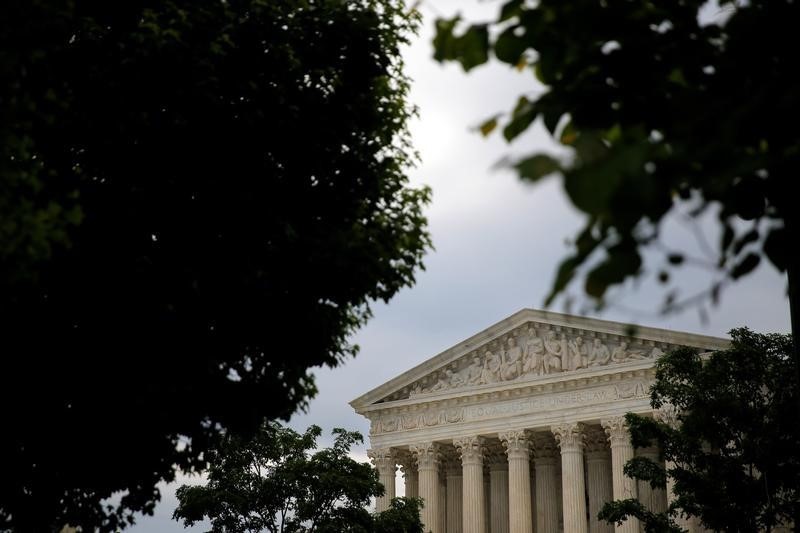By Lawrence Hurley
WASHINGTON (Reuters) – The U.S. Supreme Court on Thursday imposed some limits on the kind of fraud claims that can be brought against federal contractors in a case involving a suit against one of America’s largest hospital operators over a woman’s death at one of its facilities.
But the 8-0 ruling was not the broad victory for business sought by the company, Universal Health Services, and other healthcare providers fearful of suits under the U.S. False Claims Act, which lets individuals make claims that the federal government has been defrauded.
The justices threw out a 2015 appeals court ruling that had allowed the parents of Yarushka Rivera to sue Universal Health Services under the False Claims Act, but sent the case back to a lower court, meaning the suit could potentially still proceed.
Rivera suffered a fatal seizure in 2009 at age 19 a mental health facility owned by the company in Lawrence, Massachusetts. The lawsuit said the facility provided “gravely inadequate treatment” and used “unsupervised and unqualified personnel.”
The ruling represented a partial victory for the business community because it rejected the lower court’s expansive view of a company’s liability under the False Claims Act.
Roy Englert, King of Prussia, Pennsylvania-based Universal Health Services’ lawyer, said he was pleased the justices threw out the appeals court ruling and set a “new rigorous standard” for determining if the claims can move forward.
Rivera’s parents, Julio Escobar and Carmen Correa, accused the company of defrauding the government because it was getting federal Medicaid funding to provide treatment to low-income people and did not comply with personnel regulations at the Lawrence facility.
The ruling “accepts the basic notion that fraudsters can’t provide shoddy services to the government and expect payment without incurring significant liability,” said David Frederick, the lawyer for Rivera’s family.
Businesses had hoped the justices would put more limits, or disallow completely, lawsuits based on a federal contractor’s failure to meet certain legal or regulatory requirements not specifically outlined in a government contract.
The court instead said such lawsuits can be filed as long as they are relevant to the government’s decision to make the payment to the company.
Justice Clarence Thomas, writing for the court, said the parents “may well have adequately pleaded a violation” of the fraud law, but added that the False Claims Act “is not a means of imposing treble damages and other penalties for insignificant regulatory or contractual violations.”
The Obama administration had backed the parents.
(Reporting by Lawrence Hurley; Editing by Will Dunham)


